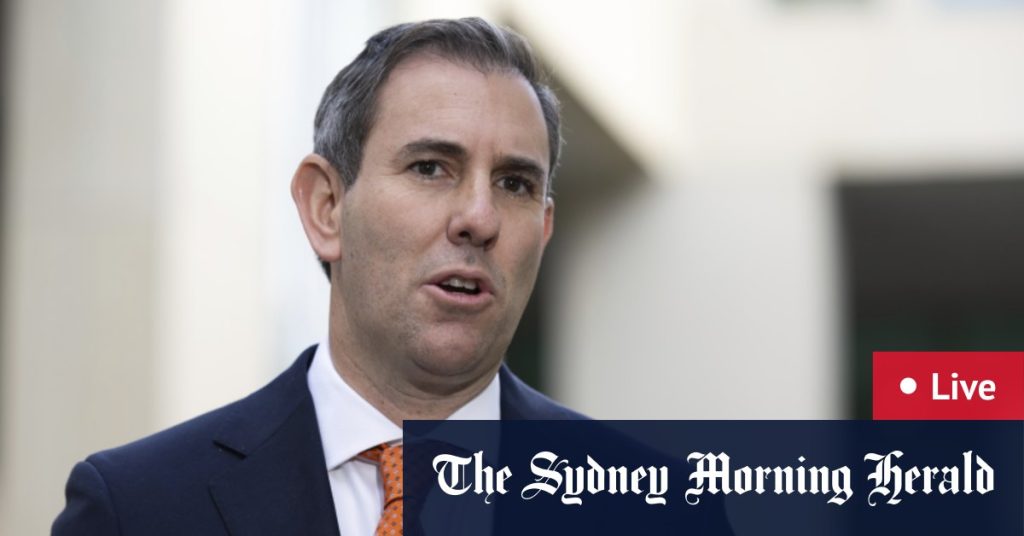In a defamation case brought by Liberal Senator Linda Reynolds against Brittany Higgins, Higgins’ lawyer accused her of concocting a plan to weaponize her alleged rape in an effort to bring down the former defense minister. The lawyer, Rachael Young, argued that Reynolds failed to provide evidence to support her claim that Higgins and her husband had devised a plan to attack her by briefing journalists, curating the timing of the story, and aiding political opponents. Young described Higgins’ motivation as centered around generating reform and supporting victims of sexual assault, rather than injuring Reynolds.
Young downplayed the relevance of a five-hour recording in which Higgins’ husband told a journalist that Higgins’ motivation was for Reynolds to lose her job. She argued that the recording actually showed that Higgins’ true desire was for cultural change, as evidenced by her continued advocacy for reform and support for victims. Young emphasized that Higgins had a moral obligation to call out the perpetrator and address how she was treated after the assault, rather than seeking to harm Reynolds. She also questioned the credibility of the idea that two individuals in their mid-20s could devise such a complex plan.
On the other hand, Reynolds’ lawyer, Martin Bennett, argued that the recording was evidence of a coordinated attack by Higgins and her husband, whom he referred to as her “co-conspirator.” He labeled the recording as proof of a “litany of lies” and asserted that Higgins was attempting to trivialize Reynolds’ suffering. Reynolds made a surprise appearance in court before Bennett’s closing submissions. The legal battle between Reynolds and Higgins stems from several social media posts that Reynolds deemed defamatory, leading to the court case.
The case highlights the ongoing tensions between Reynolds and Higgins, stemming from Higgins’ allegations of rape in a parliamentary office in 2019. Reynolds and her legal team have sought to portray Higgins as orchestrating a malicious plan to target the former defense minister, while Higgins’ lawyer has argued that Higgins’ actions were driven by a desire for reform and justice. The court proceedings have delved into the motivations behind Higgins’ decision to come forward with her story and the impact it had on the political landscape.
As the defamation case nears its conclusion, both sides are making their final arguments to the court. The outcome of the case will have implications for how allegations of sexual assault and misconduct are handled in the public sphere, as well as the legal boundaries of defamation claims. The case has captured public attention due to the high-profile nature of the individuals involved and the broader implications for issues of sexual assault, political power dynamics, and media representation. The court will ultimately decide whether Reynolds’ defamation claim against Higgins has merit based on the evidence presented during the proceedings.


